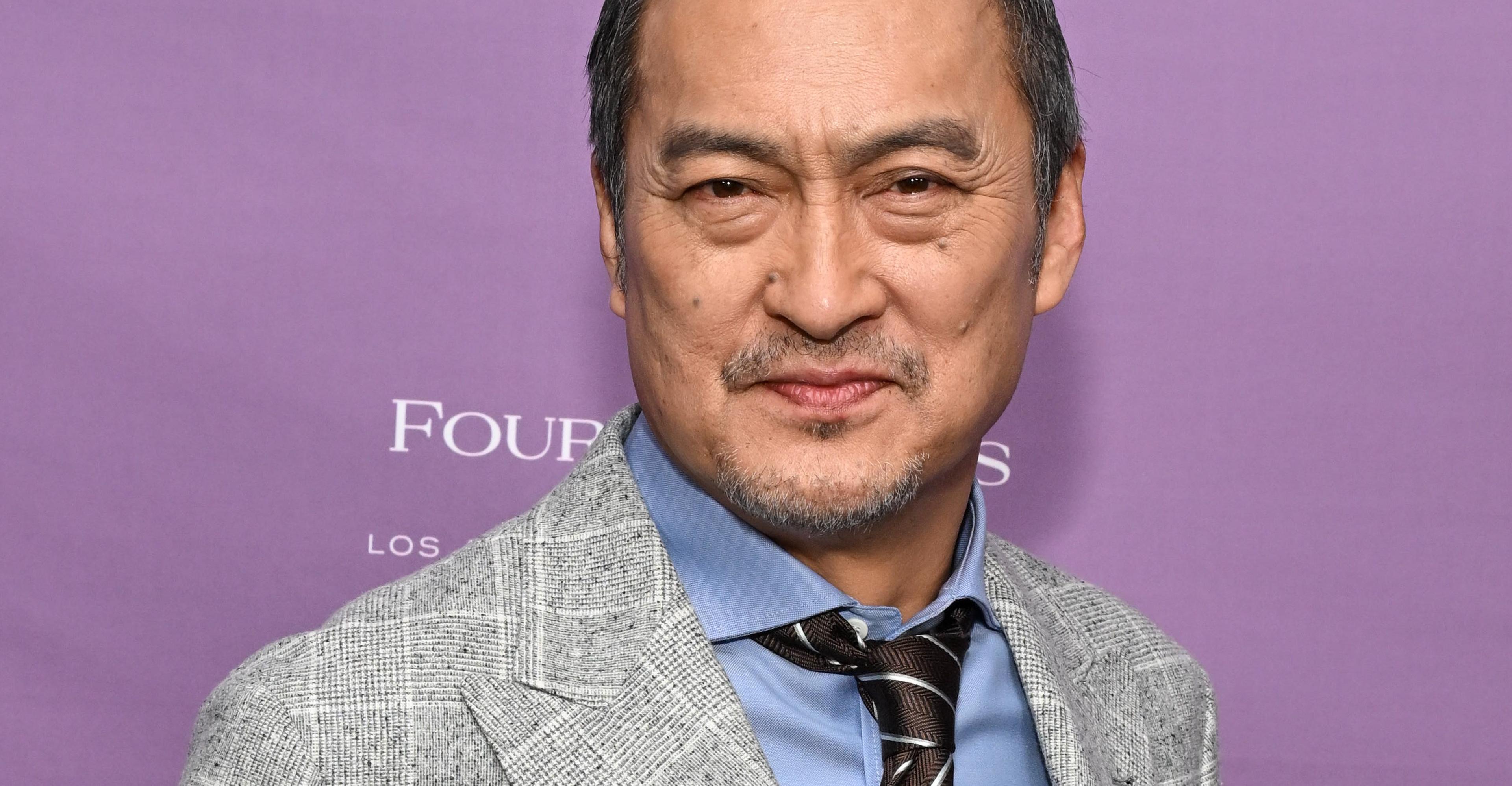Trump administration releases $5.3bn in previously frozen foreign aid, mostly for security and counternarcotics programs


(Reuters): The Trump administration released $5.3 billion in previously frozen foreign aid, mostly for security and counternarcotics programs, according to a list of exemptions reviewed by Reuters that included only limited humanitarian relief.
The Bureau of International Security and Nonproliferation, focused on preventing the spread of nuclear weapons and other weapons of mass destruction, received 17 exemptions worth more than $30.4 million, the list showed.
Also released was $397 million for a US-backed program in nuclear-armed Pakistan that a congressional aide said monitored Islamabad's use of US-made F-16 fighter jets to ensure they are employed for counterterrorism operations and not against rival India.
President Donald Trump ordered a 90-day pause on foreign aid shortly after taking office on January 20, halting funding for everything from programs that fight starvation and deadly diseases to providing shelters for millions of displaced people across the globe.
The freeze sparked a scramble by US officials and humanitarian organizations for exemptions to keep programs going. Secretary of State Marco Rubio, who has said all foreign assistance must align with Trump's "America First" priorities, issued waivers in late January on military aid to Israel and Egypt, the top US allies in the Middle East, and for life-saving humanitarian aid, including food.
The waivers meant those funds should have been allowed to be spent.
Current and former US officials and aid organizations, however, say few humanitarian aid waivers have been approved.
Reuters obtained a list of 243 further exceptions approved as of February 13 totaling $5.3 billion. The list provides the most comprehensive accounting of exempted funds since Trump ordered the aid freeze and reflects the White House's desire to cut aid for programs it doesn't consider vital to US national security.
The list identifies programs that will be funded and the US government office managing them. The vast majority of released funds more than $4.1 billion were for programs administered by the US State Department's Bureau of Political-Military affairs, which oversees arms sales and military assistance to other countries and groups.
Other exemptions were in line with Trump's immigration crackdown and efforts to halt the flow of illicit narcotics into the US, including the deadly opioid fentanyl.
More than half of the programs that will be allowed to go forward are run by the State Department's Bureau of International Narcotics and Law Enforcement Affairs, or INL, and are aimed at helping fight drug trafficking and illicit migration to the US, according to the list. Those exemptions were worth $293 million and included funds for databases to track migrants, identify possible terrorists and share biometric information. A State Department spokesperson did not respond to a request for comment.
Reuters could not determine if some exemptions had been granted but were not on the list. Trump has long railed against foreign aid, which has averaged less than 2% of total federal spending for the past 20 years, according to the nonpartisan Committee for a Responsible Federal Budget.
Trump has described the US "foreign aid industry" as "in many cases antithetical to American values". Billionaire Elon Musk's Department of Government Efficiency has led an effort to gut the United States Agency for International Development, the main delivery mechanism for American foreign assistance and a critical tool of US "soft power" for winning influence abroad. In contrast to security-related programs, USAID programs received less than $100 million in exemptions, according to the list.
That compares to roughly $40 billion in USAID programs administered annually before the freeze. Exempted USAID programs included $78 million for non-food humanitarian assistance in Gaza, which has been devastated by war. A separate $56 million was released for the International Committee of the Red Cross related to the ceasefire deal between Israel and Hamas, the list showed.
The list did not include specific exemptions for some of the world's worst humanitarian crises, including Sudan, Syria, Ukraine, Myanmar and Afghanistan, which means funds for those places appeared to remain stopped.
Security exemptions included $870 million for programs in Taiwan, $336 million for modernising Philippine security forces and more than $21.5 million for body armor and armored vehicles for Ukraine's national police and border guards, the list showed. The biggest non-security exemption was $500 million in funding for PEPFAR, the flagship US program fighting HIV/AIDS, which mainly funds healthcare services in Africa and is credited with saving millions of lives.
That compares with PEPFAR's annual budget in 2024 of $6.5 billion. PEPFAR is administered by the State Department's global health bureau.
Imran Khan’s sister Noreen Niazi injured after falling into under-construction sewer line
- 4 hours ago

Gold prices continue to surge in Pakistan, global markets
- 4 hours ago
The Pixel 10A and Soundcore Space One are just two of the best deals this week
- 6 hours ago
Security forces kill four terrorists in DI Khan IBO: ISPR
- 4 hours ago

Ken Watanabe didn’t think a kabuki movie would work
- 15 hours ago

Nintendo’s next big Pokémon presentation is on February 27th
- 15 hours ago
Senate passes resolution rejecting Israeli statement, reaffirms support for Palestine
- 5 hours ago
UN chief decries global rise of ‘rule of force’
- a day ago
Iran says any US attack including limited strikes would be ‘act of aggression’
- a day ago
Six cops including DSP martyred in Kohat attack
- 4 hours ago
Met office forecasts dry weather in most parts of country
- 4 hours ago
Three Federal Constabulary personnel martyred in terrorist attack in KP’s Karak
- a day ago







